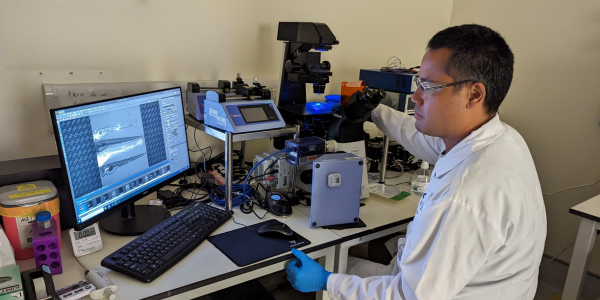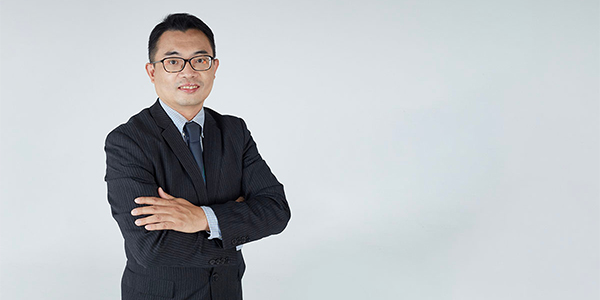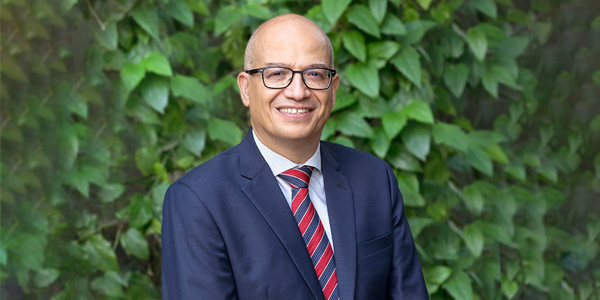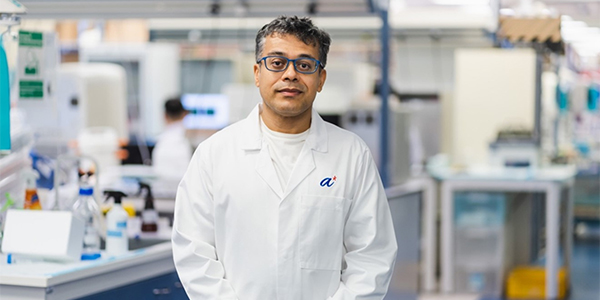FACES OF A*STAR
Targeting The Bullseye Of Cancer Therapy
Creating better outcomes for patients

Most cancer patients suffer the side effects of treatment, including loss of appetite, weight and hair loss, and general malaise. That’s because conventional cancer treatment, such as chemotherapy, kills healthy and cancer cells at the same time.
However, with precision nanomedicine, doctors can soon treat cancer more effectively without causing significant harmful side effects. Using carriers made from materials like lipid nanoparticles to transport therapeutics to cancer sites or immune cells (T cells or dendritic cells), researchers like Dr Yang Yiyan, a Highly Cited Researcher and Senior Principal Scientist at A*STAR’s Bioprocessing Technology Institute (BTI) are transforming cancer treatment so that patients can enjoy a better quality of life.
Together with her team of 15 scientists, Dr Yang works on ribonucleic acid (RNA) formulations for targeted delivery of therapeutics and vaccine for cancer. In addition, her work includes research on mRNA (messenger RNA) formulations against infectious diseases and mRNA encapsulation processing for large-scale manufacturing.
“I want to make an impact on the lives of cancer patients,” she says. “I saw how my parents suffered the side effects of cancer treatment. I am determined to help patients live better.”
Her work involves designing nanocarriers that can transport RNA molecules specifically to immune cells or diseased cells. It is a labour of love as she rigorously experiments with various biomaterials that work best as nanocarriers of cancer therapeutics.
“Ensuring this novel treatment is affordable to cancer patients in the future is also important,” notes Dr Yang. “We have the expertise at BTI where we are constantly finding ways to optimise the process of encapsulating these molecules in lipid nanoparticles.
“The process must be scalable and cost-effective,” she adds.
Her team’s work at BTI has attracted the attention of global pharmaceutical companies, some of which are keen to join hands to make the novel cancer treatment a reality.
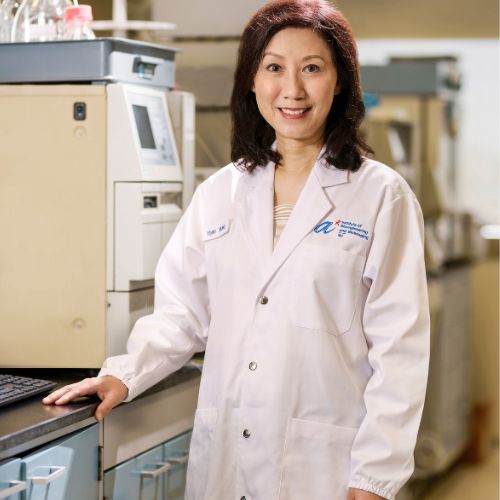
In addition to her work on nanocarriers for cancer therapeutics, Dr Yang also focuses on infectious diseases. Recently, BTI and A*STAR’s Genome Institute of Singapore (GIS) announced a collaboration with Hilleman Laboratories to explore the use of novel circular ribonucleic acid (circRNA) technology to develop a vaccine against the Nipah virus.
The partners will also validate the technology platform for other infectious disease pathogens.
Dr Yang, who moved to Singapore 25 years ago from Beijing, was previously an associate professor at China’s Tsinghua University. She started from scratch in her current area of research, driven by passion and a burning desire to make a difference.
She describes her work as “an interface” of molecular engineering and biology.
“When I started, I worked really hard to get up to speed,” she says. “I was in an entirely new field, although I was familiar with engineering concepts that were applicable to the design of nanocarriers.”
Under the guidance of her mentor and former boss, Professor Neal Chung, Dr Yang’s career at A*STAR blossomed.
It’s been amazing to work in Singapore,” she says. “As a female scientist, I’ve had so many opportunities in my career. I wish for more women to be in science, and to see female leaders grow their network.
Was this article helpful?
A*STAR celebrates International Women's Day

From groundbreaking discoveries to cutting-edge research, our researchers are empowering the next generation of female science, technology, engineering and mathematics (STEM) leaders.
Get inspired by our #WomeninSTEM

